Basic Math Skills Adding Up to 5 Worksheets for Ages 3-9
21 filtered results
-
From - To
Enhance your child's foundational math skills with our "Adding Up to 5 Worksheets," designed specifically for ages 3-9. These printable worksheets provide engaging activities that help young learners master basic addition concepts in a fun way. Featuring vibrant illustrations and interactive exercises, children can explore various techniques for adding numbers up to 5, laying a solid groundwork for future math success. Ideal for parents and teachers alike, these resources cater to diverse learning styles, ensuring that kids develop confidence and proficiency in math. Start your child’s journey to becoming a math whiz today with our expertly crafted worksheets!
Basic math skills, such as adding up to 5, lay the foundation for a child’s overall academic success. For children aged 3-9, mastering these fundamental concepts fosters critical thinking, problem-solving, and logical reasoning abilities. Parents and teachers should care because these skills not only support mathematical proficiency but also contribute to the development of confidence and independence in young learners.
Engaging in early math activities can enhance a child’s ability to recognize patterns, make connections, and understand the world around them. By focusing on the simple yet essential addition skills, children practice fundamental cognitive processes that will be vital in more complex math disciplines later on.
Additionally, nurturing these skills encourages a positive attitude toward mathematics. When children experience success in adding and understanding numbers up to 5, they are more likely to embrace learning challenges in the future. Collaborative activities, games, and everyday situations provide opportunities for practice, making learning enjoyable.
Lastly, fostering a strong mathematical foundation in early childhood ensures that children are prepared to navigate not only academic demands but also everyday life situations that require numerical understanding, such as counting items or handling money. In essence, making math enjoyable and accessible benefits children's holistic development.
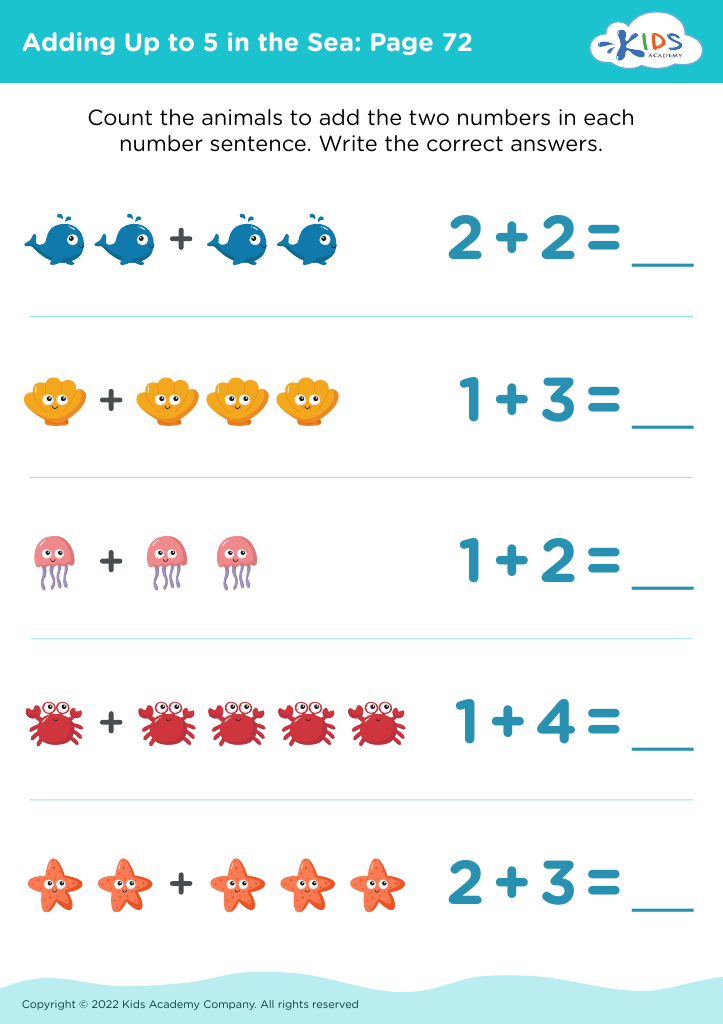

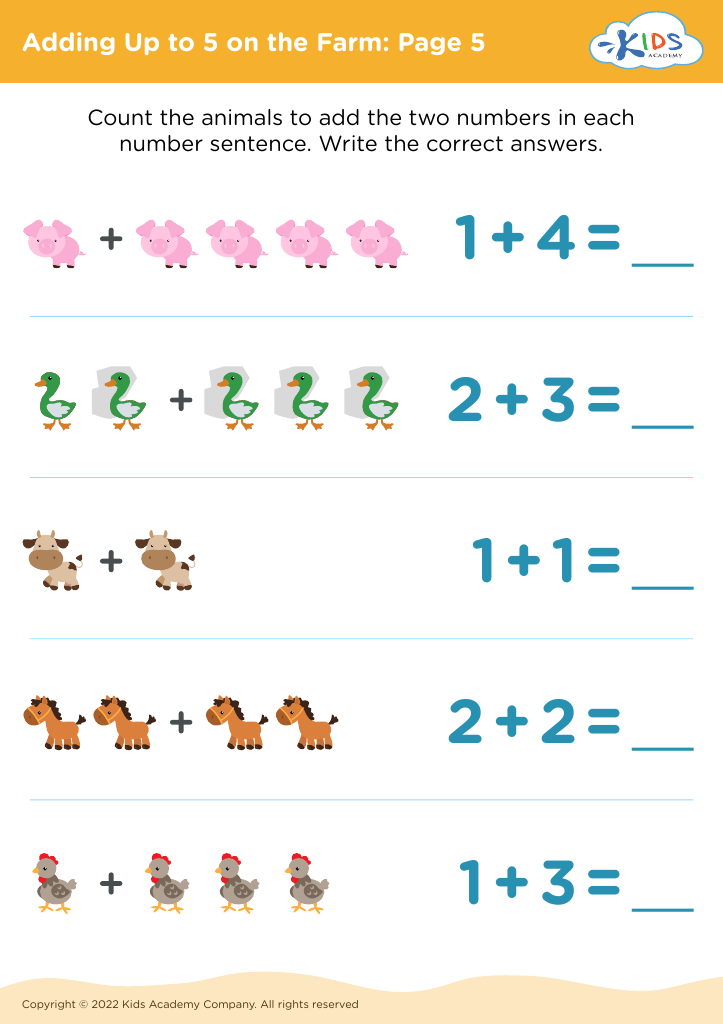
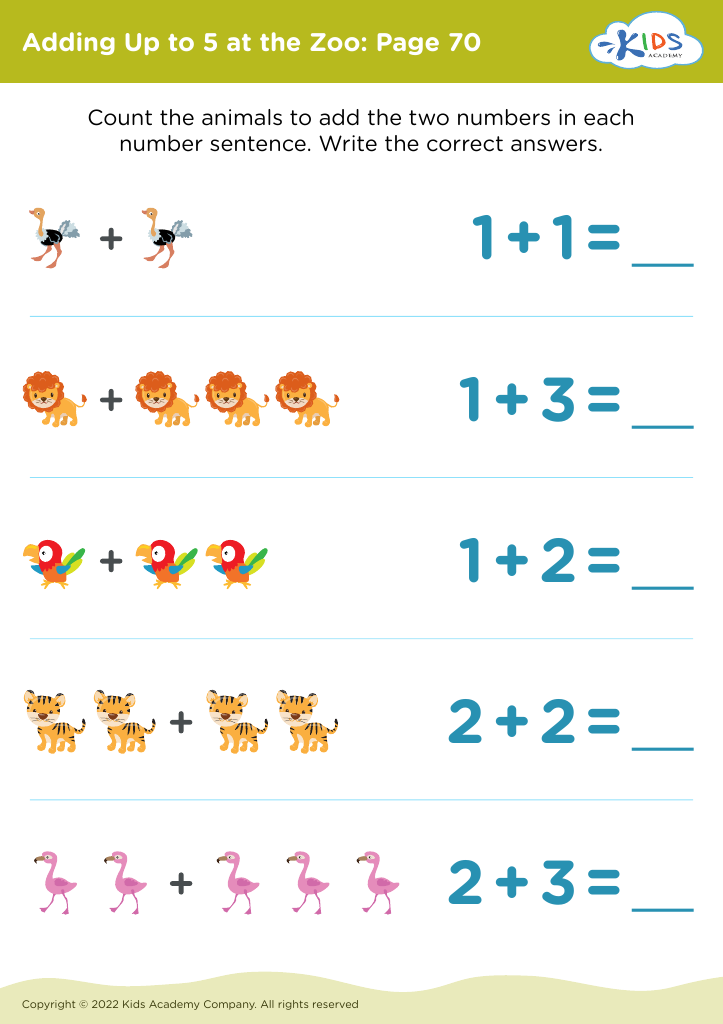
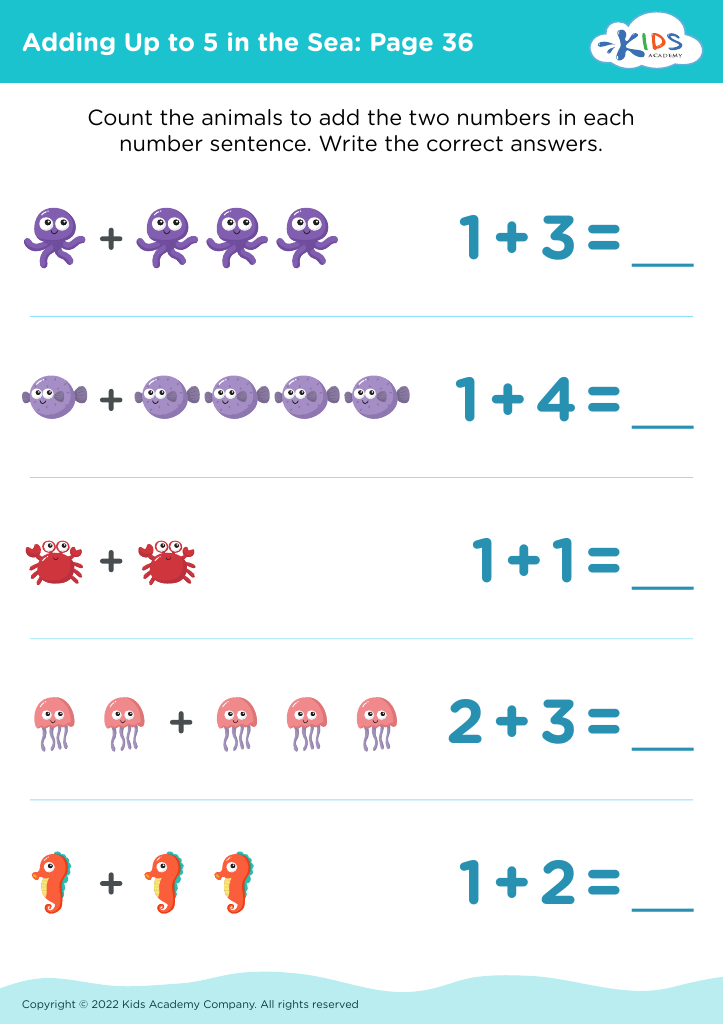
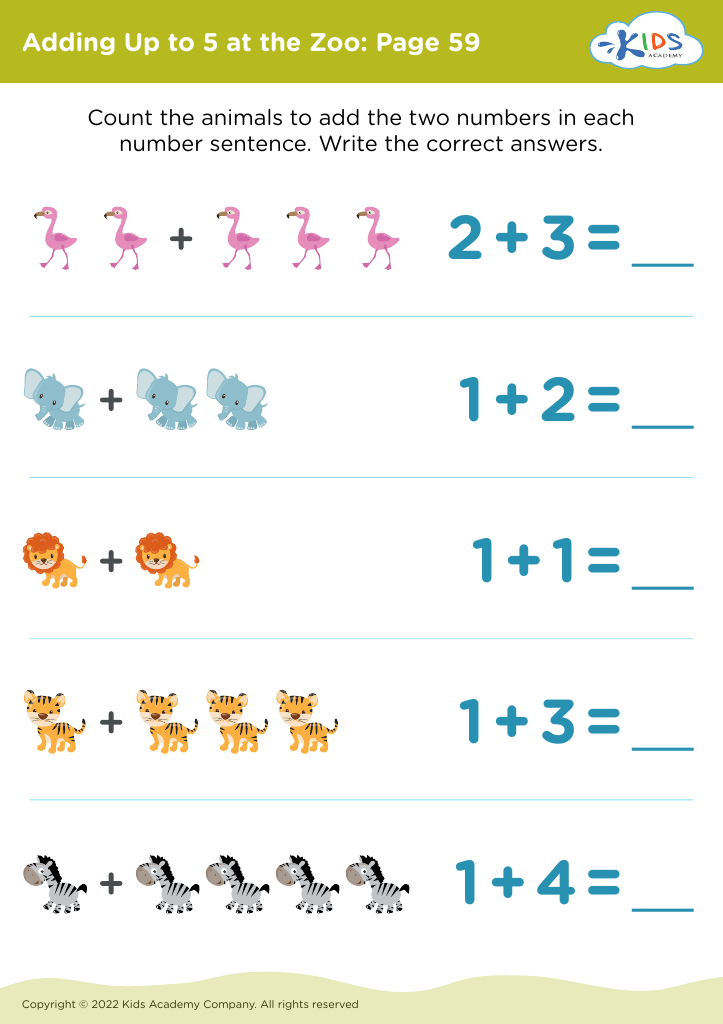

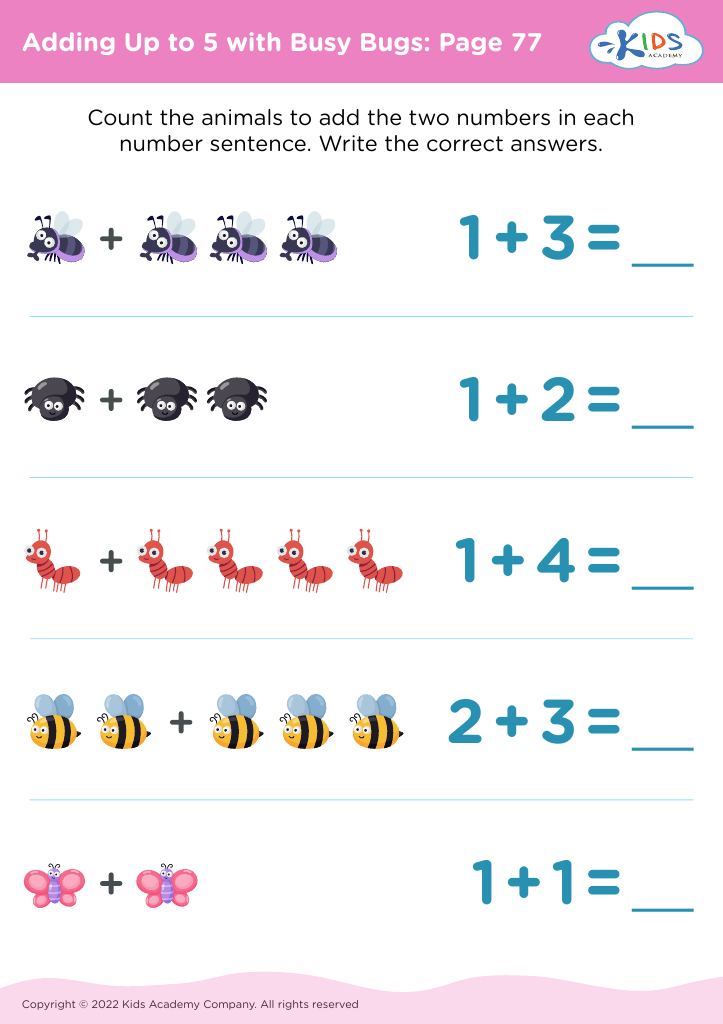
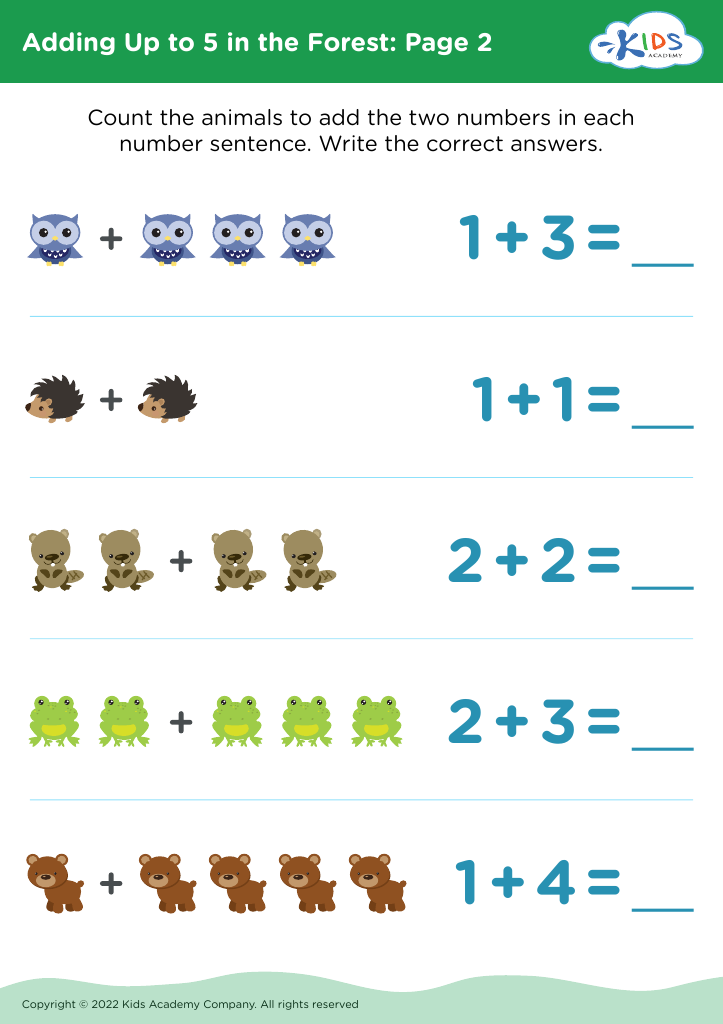
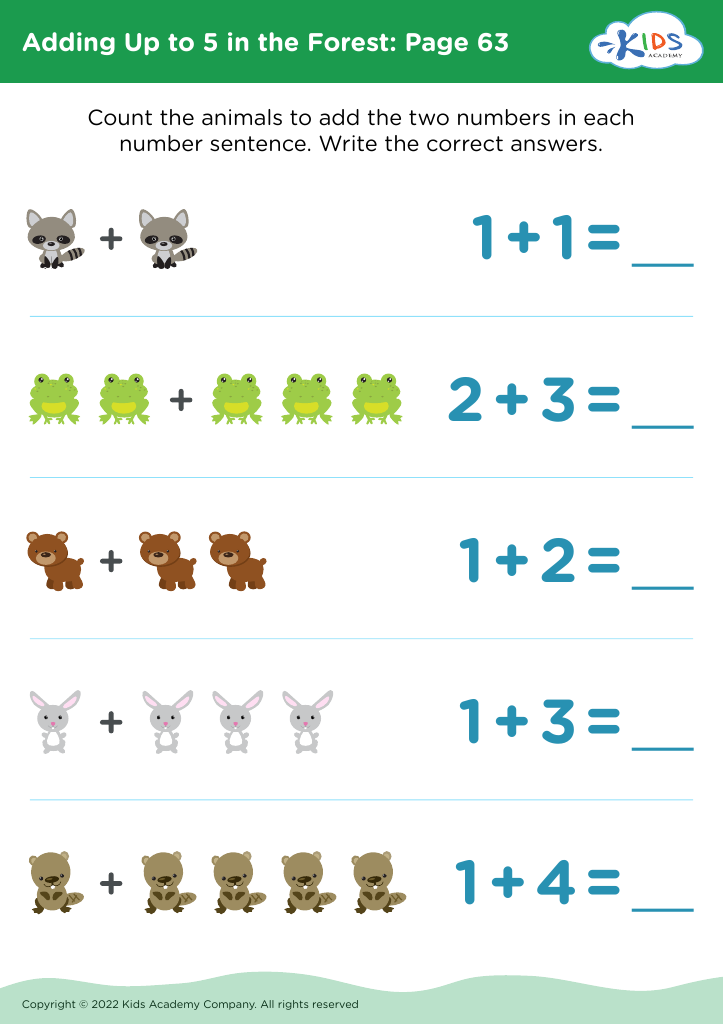
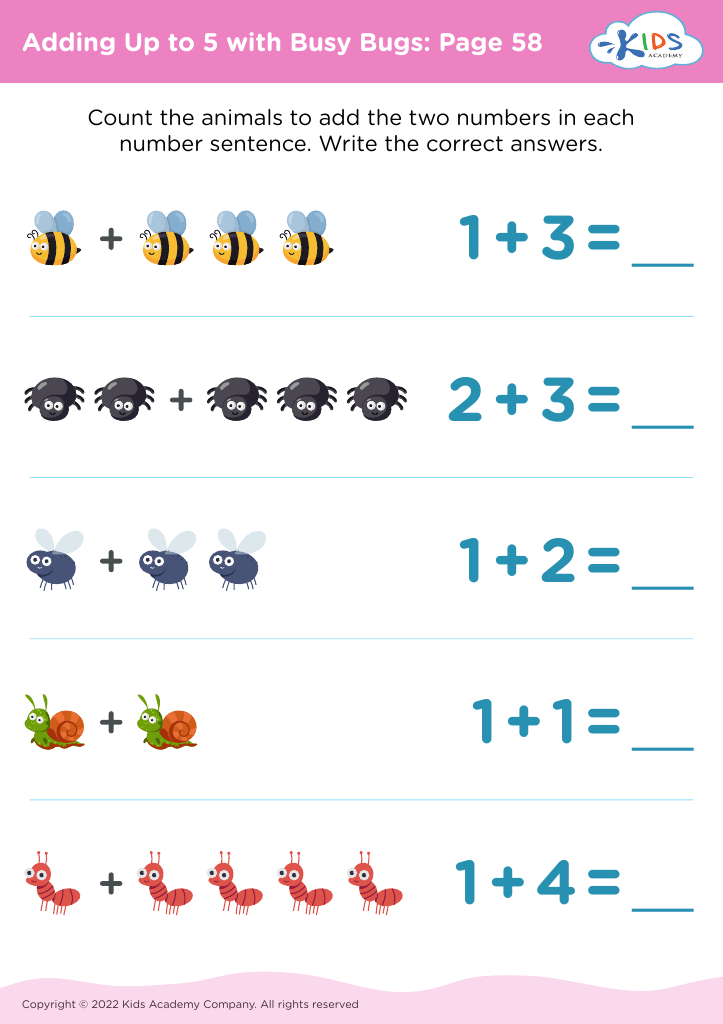
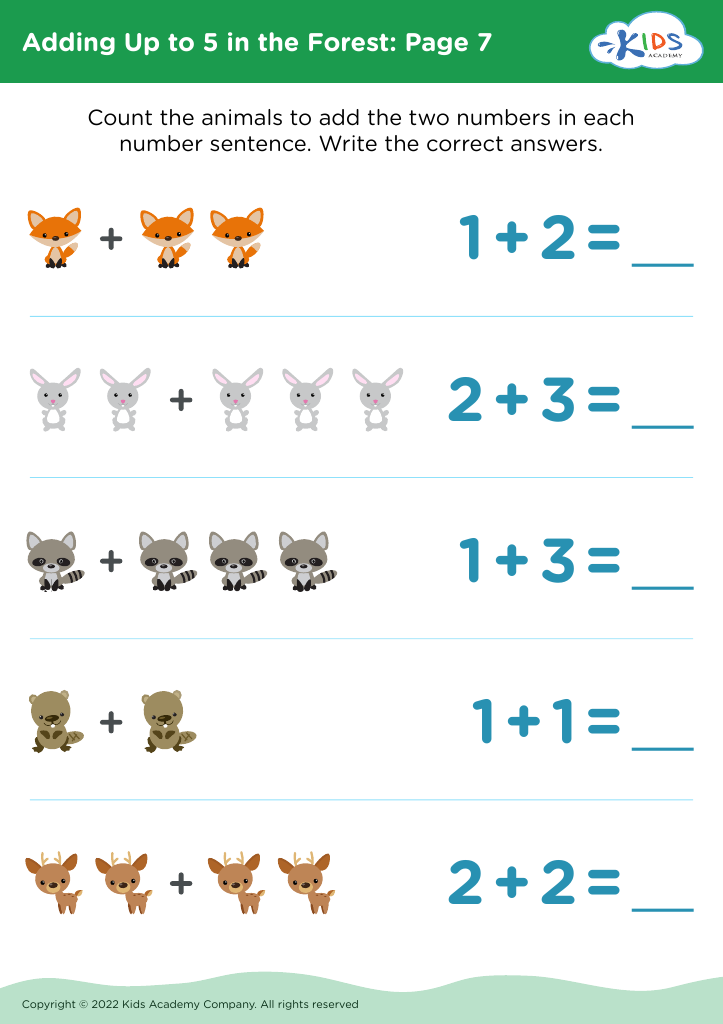
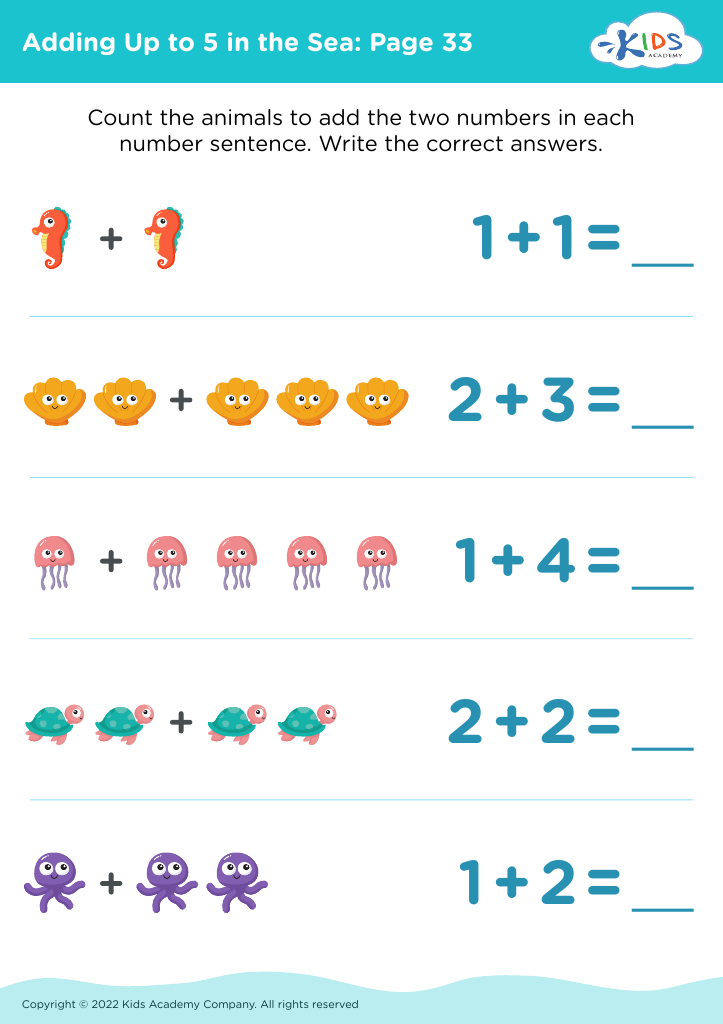
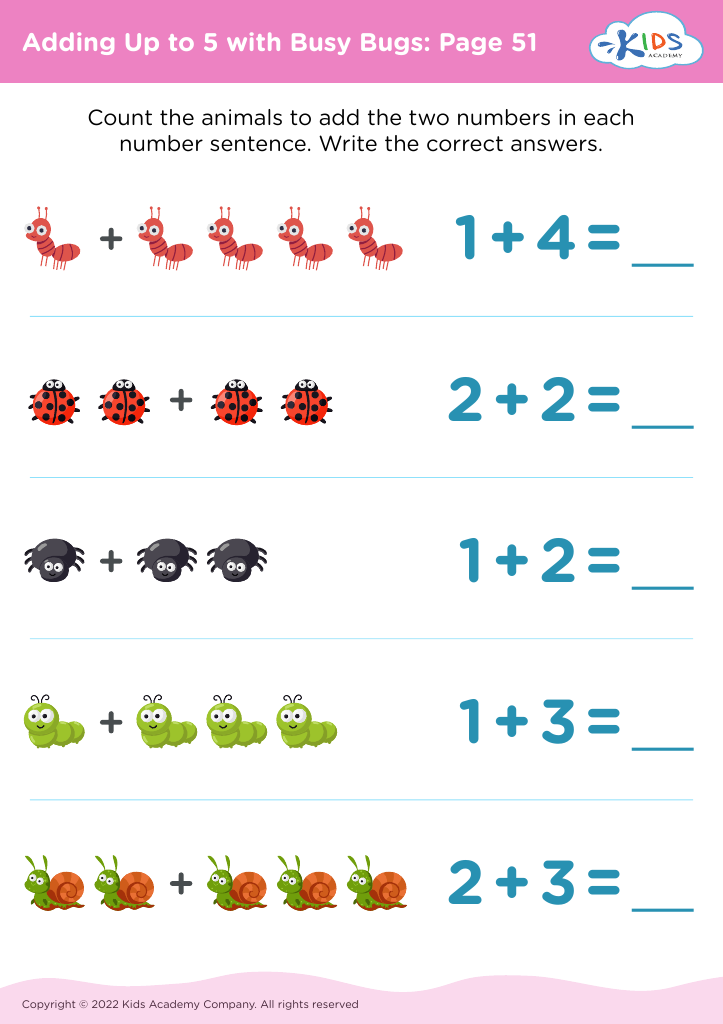
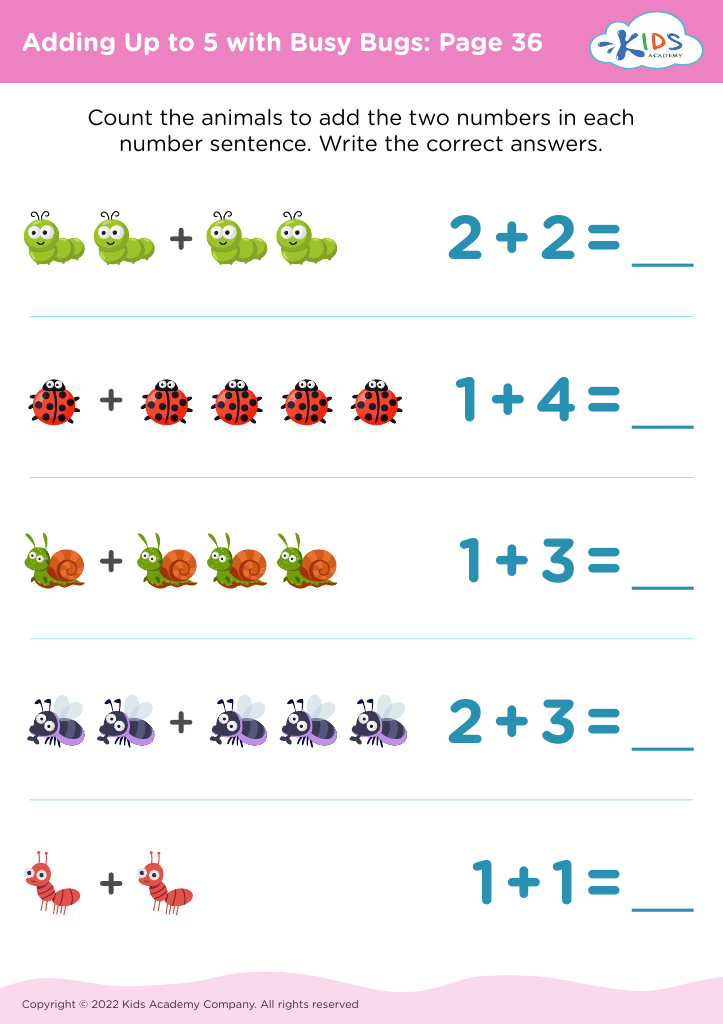
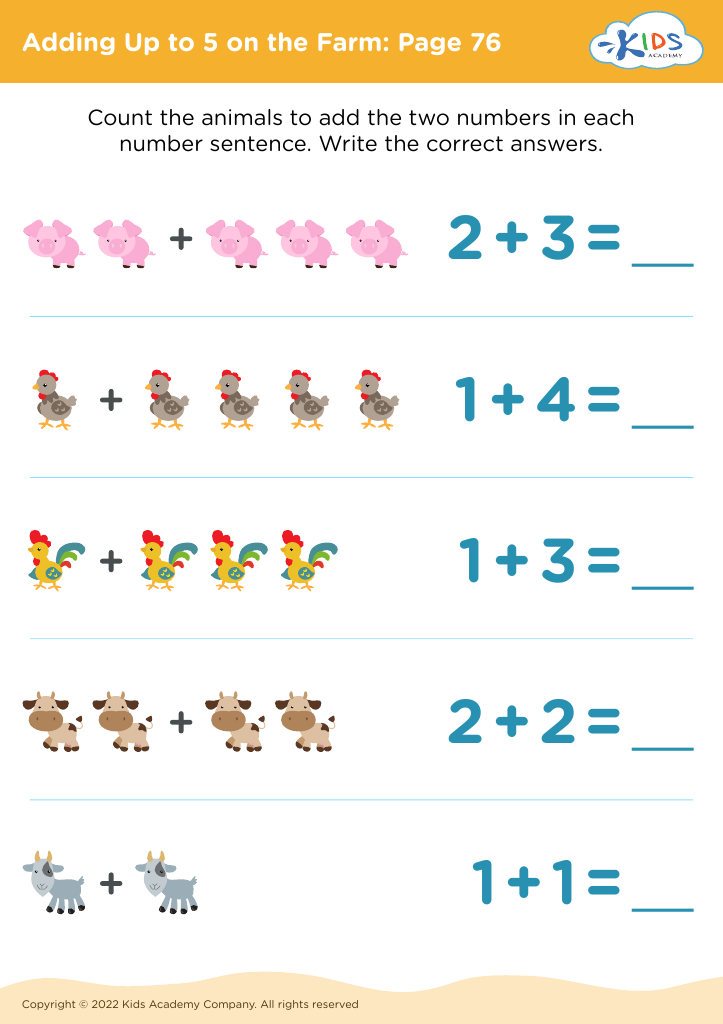
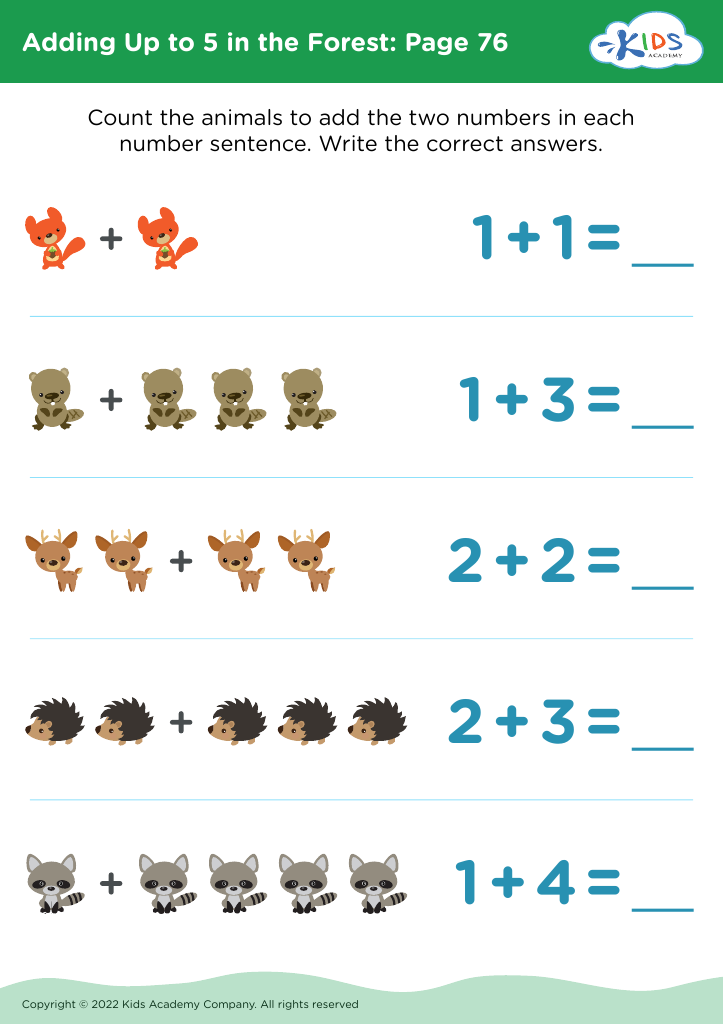
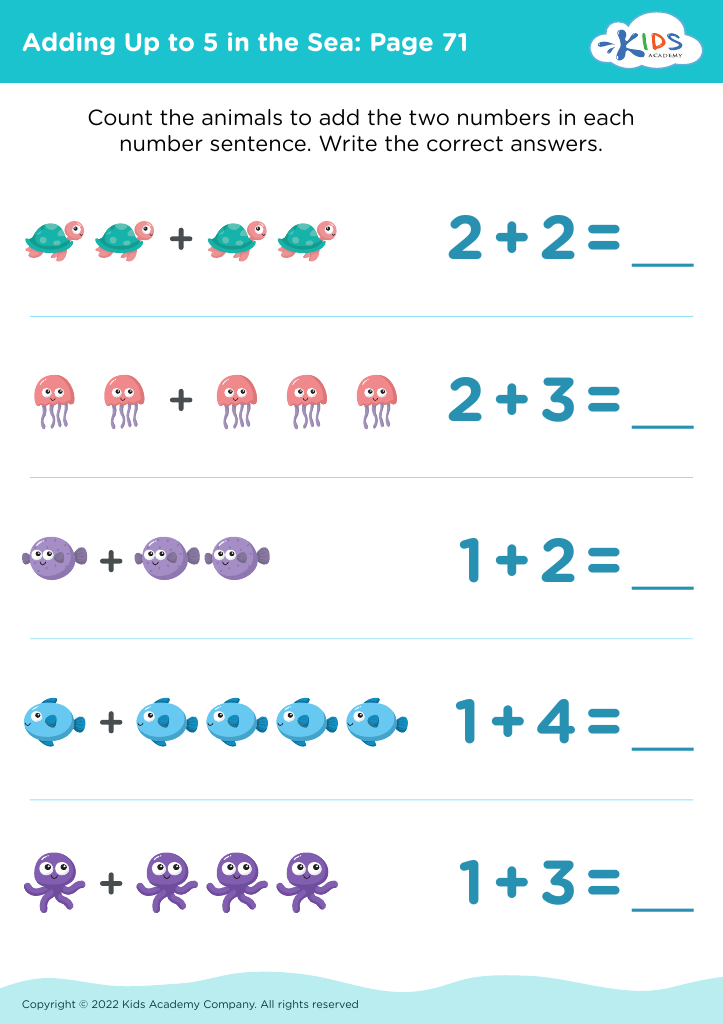
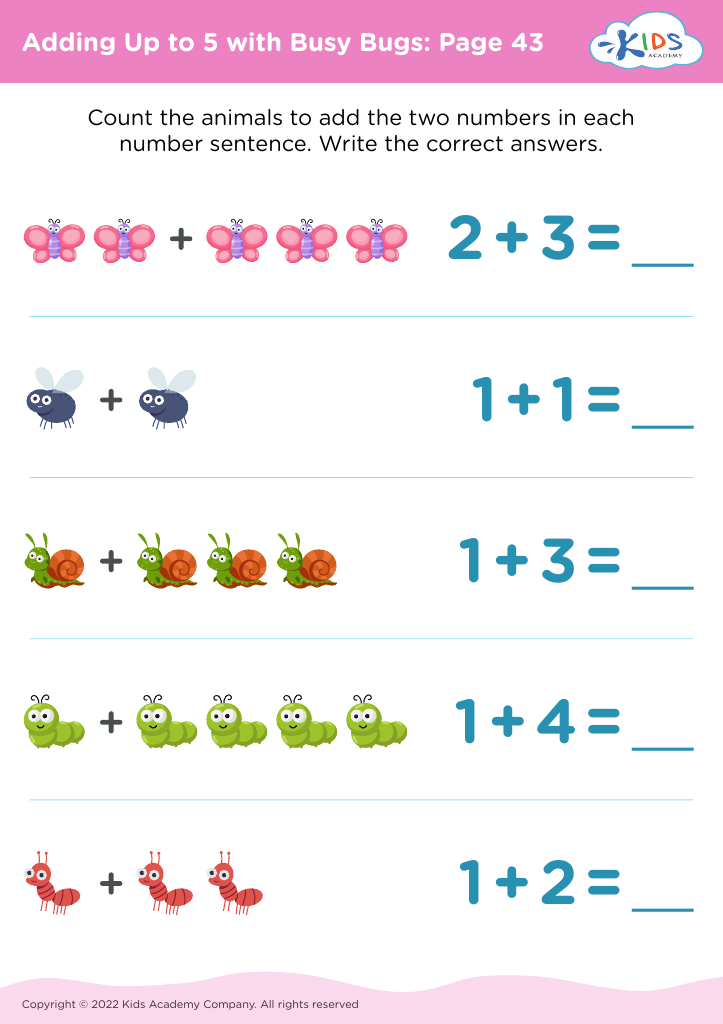
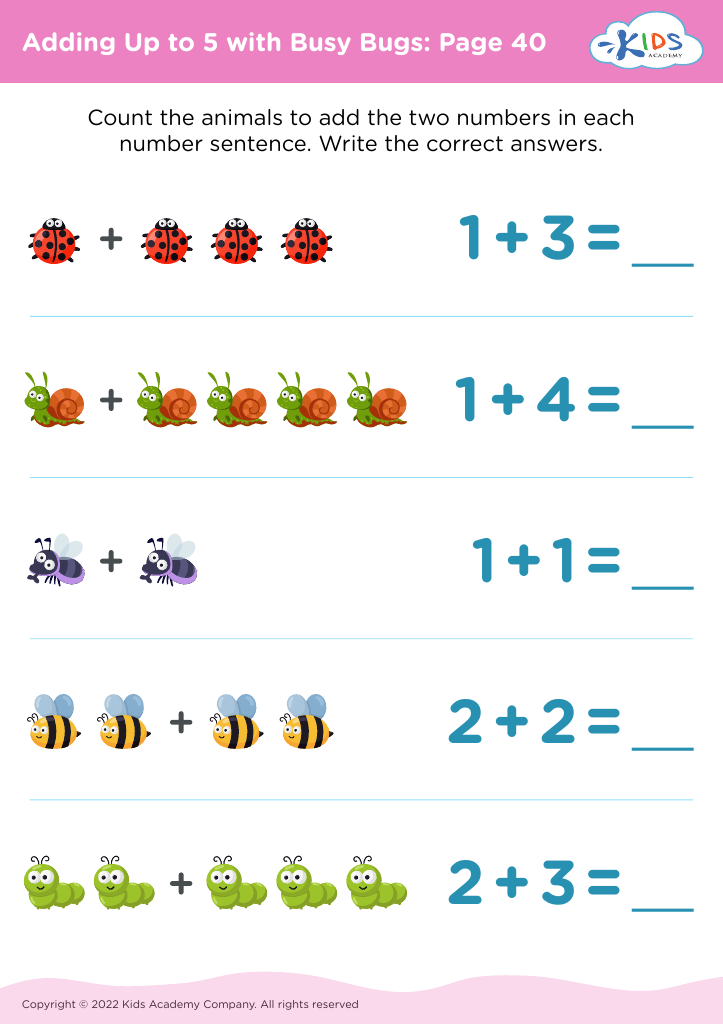
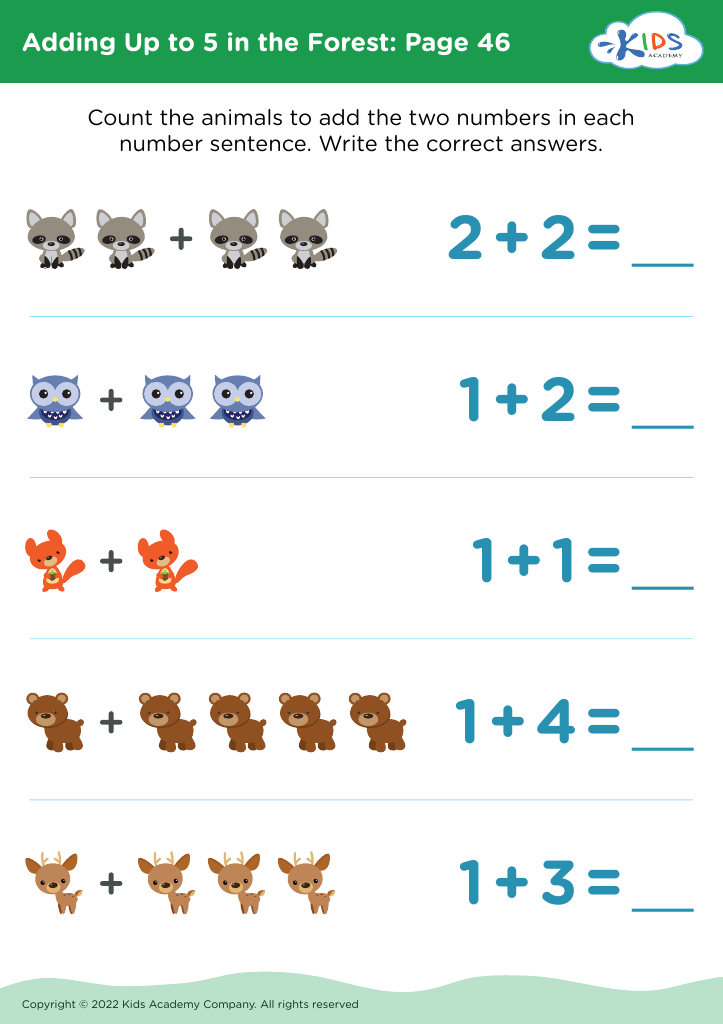
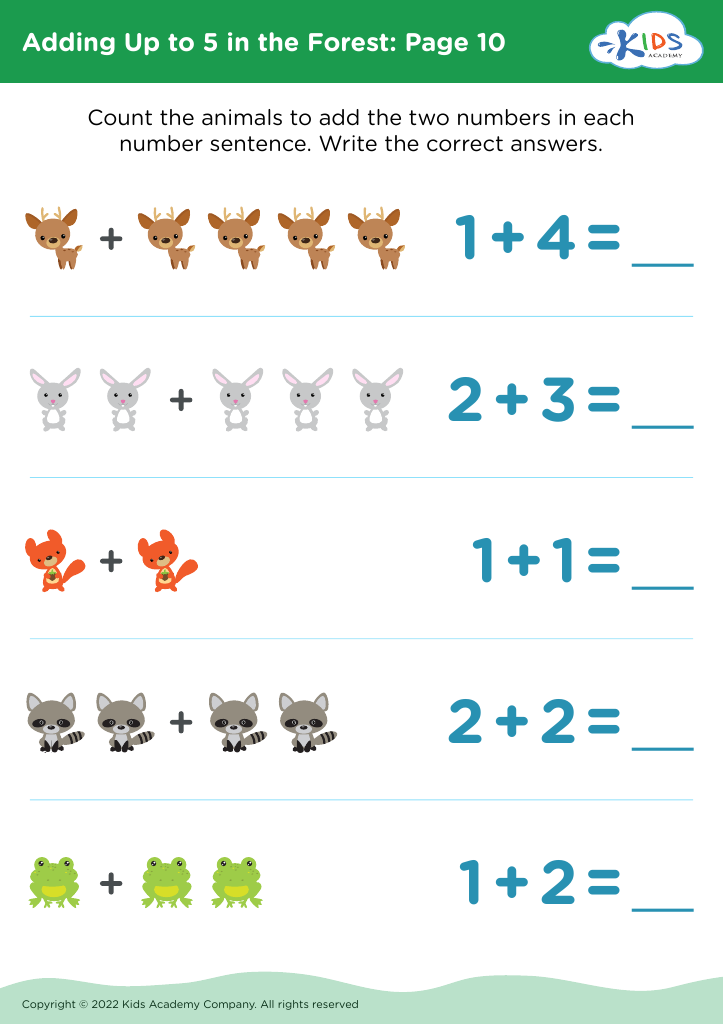
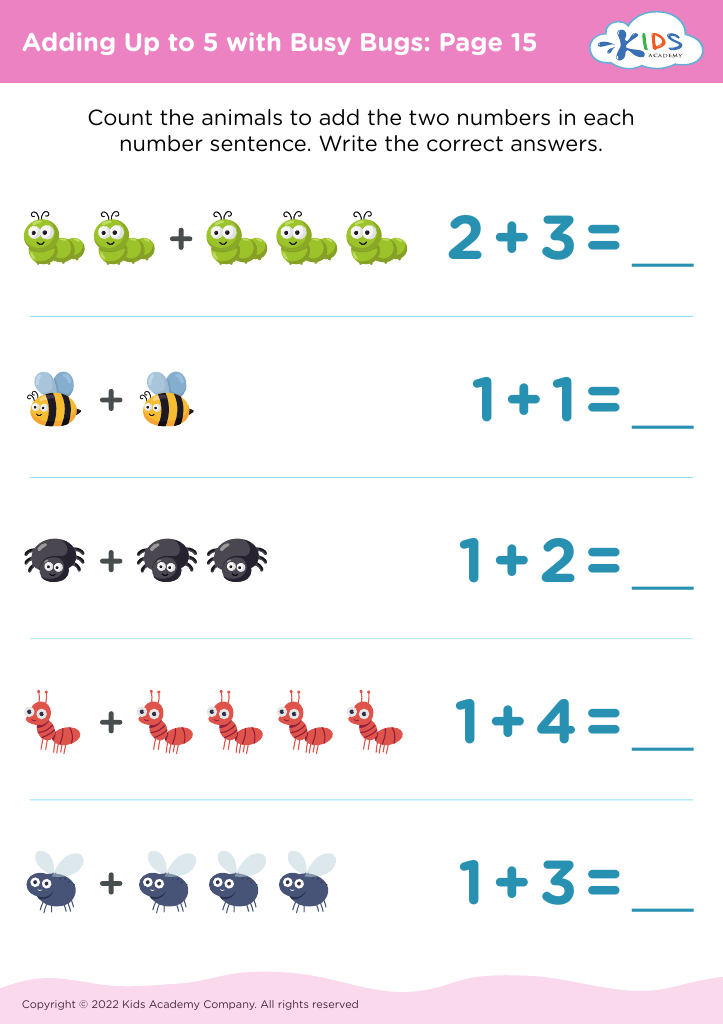








.jpg)










